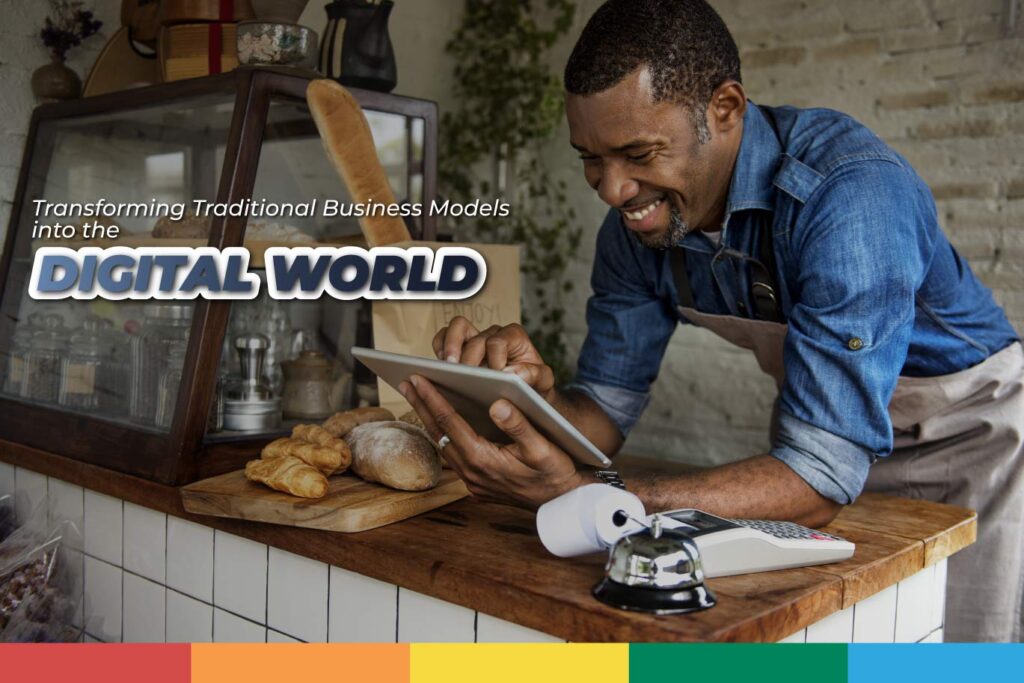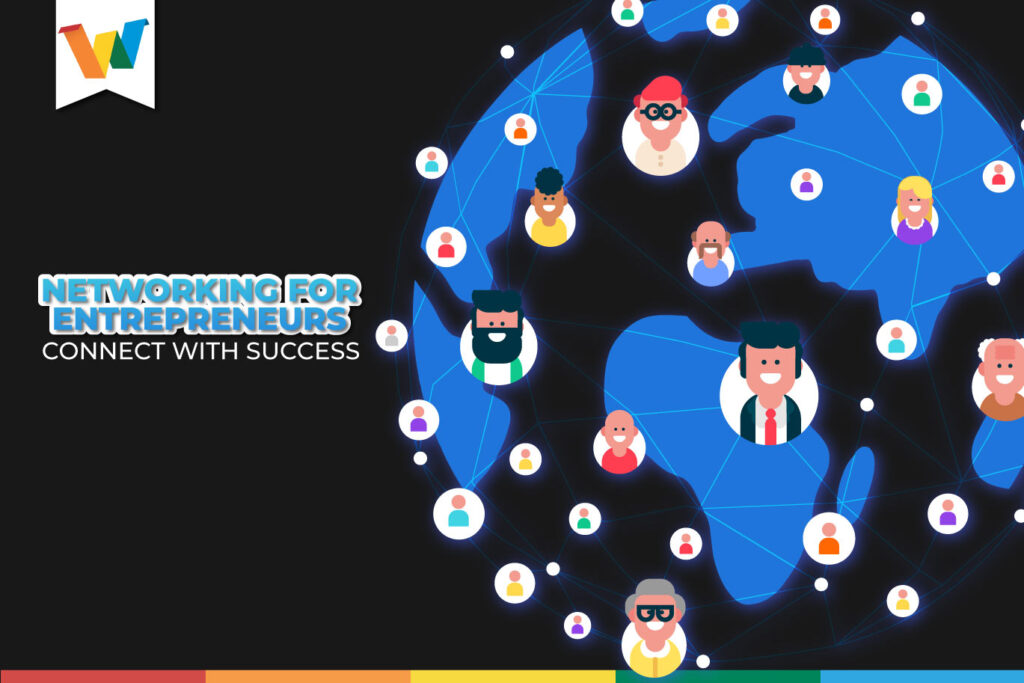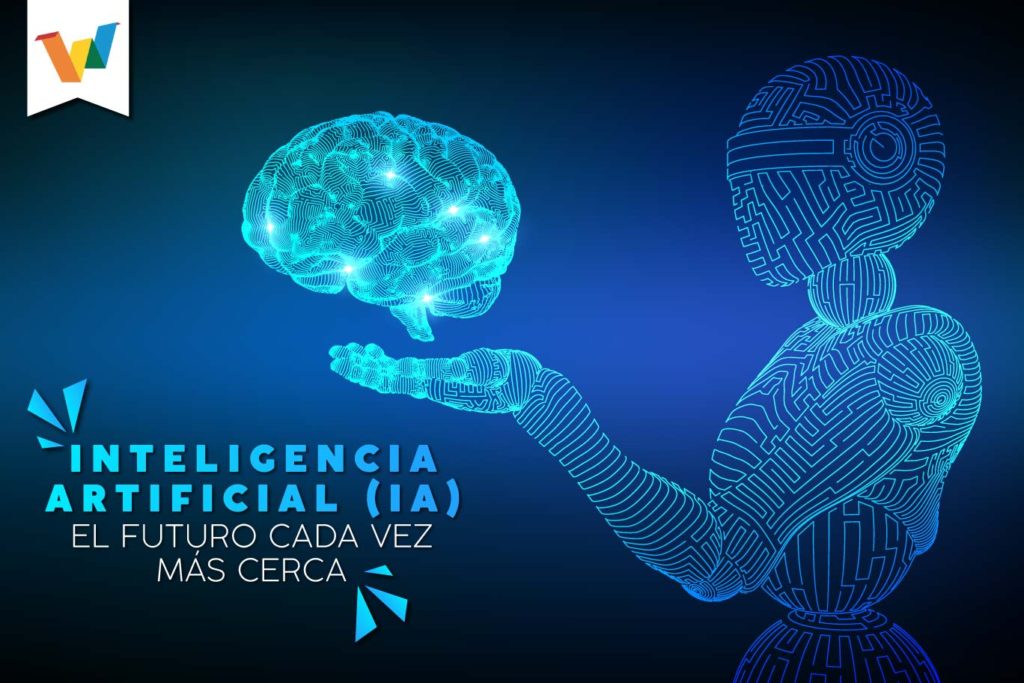The transformation of a traditional business model to digital isn’t just a trend; it’s an evolutionary necessity in the business world. In this era dominated by memes and digital pop culture, where if it’s not on the internet, it doesn’t exist, adapting traditional business models to the online world is essential for maintaining relevance and success.
While memes become a cultural currency and “likes” are a barometer of success, businesses with traditional models face the challenge of adapting or risking obsolescence. But how can this be done effectively?
We’ll share some tips for transforming traditional business models into the digital world without losing your way.
Understanding Traditional Business Models
Before we begin, let’s clarify that a traditional business model could be as simple as a physical store selling products to customers during set hours. Or it could be a service like consulting, offering specialized advice through face-to-face meetings. These models have been based on direct interactions, physical inventory, and often had a geographic limitation.
The meme “This Is Fine” perfectly illustrates the resistance to change that some traditional businesses exhibit in the face of inevitable transition to the digital world. However, adaptability isn’t just a competitive advantage; it’s business survival.
Understanding Digital Culture
There are a few things companies must understand about today’s digital culture, before diving in into both digitalization and digitization. This can range from knowing the various platforms to recognizing the power of a good meme – think about how the distracted boyfriend meme could illustrate customers looking for alternatives online to traditional services.
Examples of Digital Transformation Success
Fashion’s Leap into E-commerce
Retail is the classic example of digital transformation. Businesses that once relied on foot traffic in their stores now extend their reach globally through e-commerce platforms.
Consider Zara, a fashion giant that has successfully integrated e-commerce into its business model. Zara has enhanced its online presence to offer a seamless shopping experience, demonstrating that even established brands can “level up” in the digital world.
Online Banking
Banks should also take note. The meme “Stonks” often reflects the disconnect between traditional finance and modern times. Banks like JP Morgan have bridged the digital gap by offering intuitive apps for customers to “trade” as if they were playing on their phones.
The Food Industry
Even restaurants and cafes have found a new niche in the digital world. Through food delivery apps like Uber Eats, they have expanded their market without customers having to set foot inside the establishment. Using social media to share viral content related to their dishes creates organic marketing that transcends physical boundaries.
Media Transformation
Traditional media outlets, like The New York Times, have evolved from being printed newspapers to digital powerhouses, embracing online and mobile content distribution.
Key Steps for Digital Transformation
- Recognizing the Importance of SEO and Viral Content: Optimizing for search engines and creating content with viral potential are essential for capturing online attention.
- Adoption of Technology: Using tools like artificial intelligence and data analytics to personalize the customer experience, remembering that personalization is key.
- Continuous Innovation: Staying up-to-date with trends to avoid appearing outdated.
- Integration of Social Media: Social platforms are the new shopfront. Using memes and pop culture can make the brand more accessible and relatable to a younger audience.
- Data Analysis for Decision-Making: Using data analysis to better understand customers and customize offerings.
- Product or Service Adaptation: Consider whether your product or service can be digitized or adapted to a format that can be delivered or consumed online. Think about cooking classes that transitioned from in-person lessons to online workshops during the pandemic.
Adapting traditional business models to the digital world is more than a simple transition; it’s a reinvention of business practices. With the agility of a viral meme and the savvy of a well-executed digital marketing campaign, companies can not only survive but thrive in this new terrain.
Want to transform your business from traditional to digital? Contact us!








